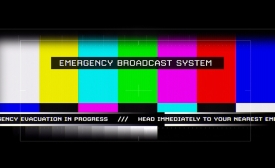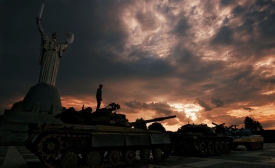social media
Women in India have been posting photographs of themselves enjoying a night out on social media in response to a politician who said a woman who was chased in her car by two men "should not have gone out so late at night".

Corneliu Bjola on how embassies and MFAs can properly respond to crises using digital tools.
Once a crisis begins to unfold, confusion about the nature, severity, and possible implications of the event is the immediate consequence to affect both authorities and the public. Ironically, this outcome is not prompted by the shortage of information about what is going on, but rather by the abundance of reports on social media channels, most of them reflecting individual reactions to the event, often times with little factual evidence to support them.
Constraints notwithstanding, a group of 10 Palestinian officials attended a weeklong workshop on “Communication Skills & Media Relations for Diplomacy” this week in Turin, Italy to craft skills for engaging with all manner of media.
The image of the Russian diplomats and its reflection on social media allows us to see the wide critique towards the diplomats from the general public. It is an interesting issue to discuss: why do the Russians actually care about the image of their diplomats? The perceptions about diplomatic culture and stereotypes about diplomacy in general have deep roots.
In Afghanistan's patriarchal society, a woman's name should not be revealed, even on her grave. [...] #WhereIsMyName, recently launched by a small group of women's rights activists, wants to bring women's given names to official documents and to the lips of Afghan people.
In the case of shared history, there is no way to suggest an appropriate narrative of any historical event that would be satisfactory for all counterparts. Digital rewriting, reevaluation, or reassertion of history is inevitability problematic. The only way to eliminate such conflicts and disconnect raised on social media is to emphasize “shared understanding and mutual openness.”

Olga Krasnyak discusses how disputes over historical memory in Russia and the Baltic States have played out on social media.







